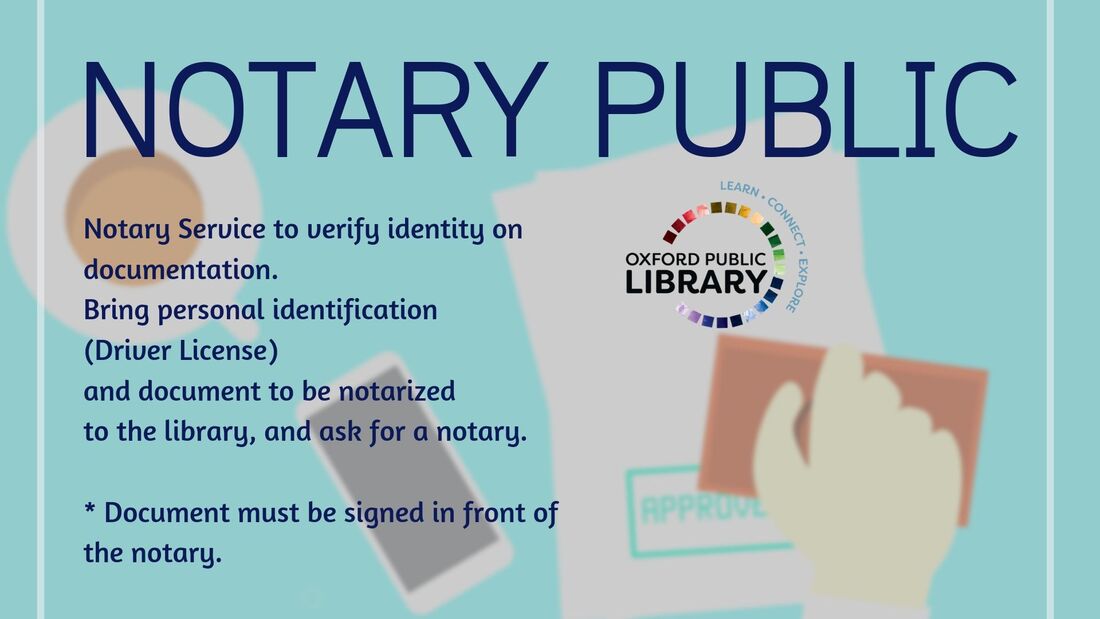Comprehending Apostille: Simplifying International Paper Legalisation
Comprehending Apostille: Simplifying International Paper Legalisation
Blog Article
Demystifying Notarial Job: Streamlining the Function and Importance of Notaries
In the elaborate web of legal documents and confirmation, notaries stand as columns of assurance and credibility. Their role, commonly shrouded in mystery for many, carries significant weight in guaranteeing the validity and honesty of important files. As guardians of validity and truth, notaries play an essential part in our culture, yet their job is not always totally comprehended. By unraveling the complexities surrounding notarial techniques and dropping light on the value of their acts, a more clear understanding emerges of the crucial duty notaries play in upholding the material of contractual and lawful agreements.
The Background of Notarial Job
The background of notarial work days back to old worlds, where scribes played a crucial role in recording essential information and validating records. This led to the advancement of notaries, people designated by the state to act as objective witnesses in lawful issues.
Throughout the Middle Ages, notaries obtained prestige in Europe, with their features expanding to include preparing legal documents, accrediting signatures, and preserving records. The increase of worldwide trade further stressed the significance of notarial operate in verifying agreements and contracts across boundaries.
In the contemporary period, notaries proceed to play a vital duty in legal and organization purchases by confirming identifications, verifying the authenticity of files, and stopping fraudulence. Their role in accrediting the validity of agreements includes a layer of safety and security and depend the ever-evolving landscape of commerce and regulation.

Tasks and Obligations of Notaries
Notaries play an important duty in validating the credibility of records and the identity of signatures. One of their main obligations is to witness the signing of important records, such as wills, acts, and contracts, to guarantee that all parties are getting in into agreements knowingly and willingly.
They license copies of initial records, giving guarantee to establishments that the duplicates are true replicas of the originals. Overall, the obligations and responsibilities of notaries are crucial in safeguarding the integrity and legitimacy of different files and deals - DIRCO.
Notarial Certificates and Signatures
Exemplifying thorough interest to information, notarial certifications and signatures offer as necessary elements in validating the credibility of lawful papers. Notarial certifications usually consist of important details such as the date of notarization, the names of the signatories, a description of the file, and the notary's redirected here official seal. These certificates provide a clear record of the notarial act, making certain that the document can be quickly recognized and traced back to the notary who managed the process.
Signatures play an essential duty in notarial job, as they symbolize the agreement and consent of the celebrations involved. Notaries thoroughly witness the finalizing of documents to confirm the identity of the signatories and validate that they are signing of their very own cost-free will. By affixing their main seal and signature to the document, notaries certify that the needed treatments have been adhered to which the paper is legitimate and Website enforceable.
Basically, notarial certifications and signatures are the characteristic of credibility in lawful purchases, providing assurance to all events involved that the papers are reputable and binding.
Importance of Notarial Acts

Registration Refine Clarified
The notarization process normally begins with the specific providing the document to a notary public. When the identity is verified, the notary makes sure that the private signing the record does so willingly and without any coercion.
:max_bytes(150000):strip_icc()/GettyImages-598314157-cb6389c9e28f4c1aaf002263febab019.jpg)
Verdict

Notarial certificates usually consist of important information such as the day of registration, the names of the signatories, a summary of the record, and the notary's main seal. These certificates offer a clear record of the notarial act, making certain that the paper can be easily identified and traced back to the notary who oversaw the process.
By affixing their official seal and signature to the file, notaries certify that the needed procedures have been followed and that the document is enforceable and legitimate.
By verifying the identification of the signatures, validating their readiness to enter into the arrangement, and licensing the date and area of the finalizing, notaries play a critical duty in upholding the legitimacy of lawful records.After the paper is authorized, the notary will fasten their official seal or stamp onto the document.
Report this page